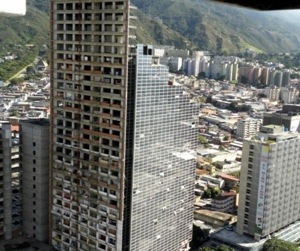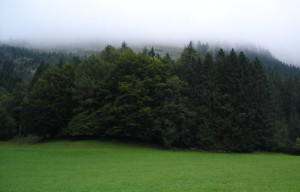An overview of real property trespass
With a few exceptions, the legal doctrine of trespass is governed by common law precedent. (Common law is developed over time through decisions made by courts. Statutory law, or simply “statutes,” are laws created by and through legislatures.) The tort of trespass states that someone may be liable for damages if he or she interferes with another person’s possession of real property. For property owners, there are two statutes which govern trespass onto property: RCW 4.24.630 and 64.12.030.
 RCW 4.24.630 states that someone who wrongfully goes onto the land of another and removes timber, crops, minerals, or other similar valuable property from the land, or wrongfully causes waste or injury to the land, is liable for treble damages plus attorney’s fees. Wrongfully is defined in the statute when a “person intentionally and unreasonably commits the act or acts while knowing, or having reason to know, that he or she lacks authorization to so act.”
RCW 4.24.630 states that someone who wrongfully goes onto the land of another and removes timber, crops, minerals, or other similar valuable property from the land, or wrongfully causes waste or injury to the land, is liable for treble damages plus attorney’s fees. Wrongfully is defined in the statute when a “person intentionally and unreasonably commits the act or acts while knowing, or having reason to know, that he or she lacks authorization to so act.”
RCW 64.12.030 is more narrow in comparison to 4.24.630. In that provision, a trespasser is liable for treble damages if he or she damages trees or shrubbery of another. There is NO attorney’s fees provision, as is found in 4.24.630, however the same treble damages component is available. (It should be noted that damage caused to property that is purely incidental to the removal of the subject timber/trees does not count as another statutory violation and is instead, subsumed into the treble damages.)
These statutory damages are primarly related to injury to property (or the plants/trees contained thereon). If a statutory remedy is not available, that does not preclude typical tort liability as dictated by case law (i.e. when someone interferes with the possessory right of another). In fact, the tort of intentional inflection of emotional distress is available to Plaintiff and not precluded by virtue of the existence of RCW 4.24.630 or 64.12.030.
A natural question to pose after looking at those trespass rules, is what to do about pollution? A trespass may be an ongoing trespass (such as a water pipe from on property unlawfully directing water onto another person’s property), thus, how does the law handle issues of pollution where vast quantities of particulates are spread over large geographical areas? The court requires a Plaintiff to satisfy the following 4-part test in order to be eligible for damages:
1) The invasion must affect an interest in exclusive possession of property; AND
2) The party must be intentionally doing the act which results in the invasions; AND
3) The polluting party must reasonably foresee that the act done could result in an invasion of plaintiff’s possessory interest; AND
4) Finally, there must be substantial damages to the res.
<a


 RCW 4.24.630 says that if a person goes onto another’s property without permission and removes or damages timber, that person is liable for treble damages and attorney fees. RCW 64.12.030, however, says that if a person goes onto another’s property without permission and removes or damages any tree, timber, or shrub, that person is liable only for treble damages—no attorney fees may be awarded.
RCW 4.24.630 says that if a person goes onto another’s property without permission and removes or damages timber, that person is liable for treble damages and attorney fees. RCW 64.12.030, however, says that if a person goes onto another’s property without permission and removes or damages any tree, timber, or shrub, that person is liable only for treble damages—no attorney fees may be awarded.